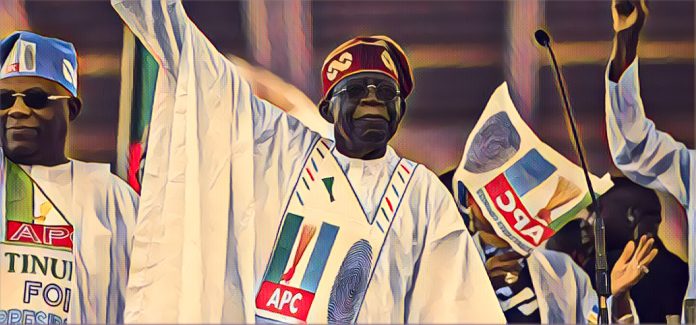KEY POINTS
-
Pentecostal culture is increasingly influencing Nigerian politics through endorsements, political messaging, and religious framing of leadership.
-
Analysts warn this trend may compromise Nigeria’s secular democracy and marginalize non-Christian populations.
-
While offering a moral alternative to corrupt leadership, the movement risks blurring lines between church and state policy-making.
Once confined primarily to church walls and gospel crusades, the Pentecostal movement has now become a significant force in Nigerian politics, influencing policies, campaigns, and even state appointments. In the heart of Nigeria’s political evolution, a powerful spiritual wave is steadily reshaping the contours of governance: Pentecostalism.
As the line between pulpit and podium becomes increasingly blurred, scholars and citizens alike are grappling with the implications of this religious-political convergence.
From Lagos to Abuja, pastors with vast followings and charismatic appeal are assuming new roles—not just as spiritual guides, but as political powerbrokers.
Pentecostal churches, particularly those aligned with the prosperity gospel, have cultivated robust networks of influence across sectors, leveraging their moral authority and mass appeal to push political agendas.
At the centre of this transformation is a narrative that presents political leadership as a divine calling. Pentecostal leaders often frame governance in theological terms, presenting politics as a “battlefield of light versus darkness,” and positioning themselves or their chosen candidates as instruments of God’s will.
“God is raising a new generation of leaders from the altar to the assembly,” said Pastor Joseph Anozie of the Revival Fire Church in Enugu during a recent national prayer rally. “It’s time for righteous men to occupy political gates.”
Analysts warn of a growing trend that could challenge Nigeria’s secular identity and democratic diversity
This spiritualization of political authority is most evident during election cycles, where Pentecostal mega-pastors openly endorse candidates during sermons and even use prophetic declarations to predict outcomes.
These endorsements are often followed by strategic mobilization efforts through church platforms, social media channels, and faith-based political organizations.
The 2023 general elections, for instance, saw a notable increase in church-driven campaign activity. Several political aspirants courted endorsements from influential pastors, recognizing the sway of their congregations. Some even ran on platforms that emphasized religious morality, national “cleansing,” and divine purpose.
Critics, however, caution against the theological framing of national leadership. According to Dr. Olubukola Oyeniyi, a political sociologist at Obafemi Awolowo University, “We are witnessing a shift from civic nationalism to spiritual nationalism, where religious identity becomes the litmus test for leadership.” He warns that this can deepen sectarian divides and marginalize non-Christian citizens, particularly Muslims and adherents of traditional religions.
The Pentecostal political surge also has implications for policy-making. Legislators influenced by Pentecostal doctrines are increasingly promoting bills aligned with evangelical morality—targeting issues like same-sex relationships, abortion, and “occult practices.” While some see this as a moral recalibration, others argue it undermines constitutional rights and pluralism.
Furthermore, the influence of Pentecostalism is not confined to elected offices. Many Nigerian governors, commissioners, and advisers now consult spiritual leaders regularly, seeking prophetic counsel before making major policy decisions. Some have instituted state-wide fasts and declared public holidays for religious activities, raising concerns over the encroachment of church doctrine into public administration.
Yet, for many Nigerians disillusioned by corruption and ineffectual leadership, Pentecostalism offers hope. The movement’s emphasis on divine justice, ethical conduct, and nation-building resonates deeply with a population yearning for change.
“We’ve tried technocrats and traditional politicians; now it’s time to try those who fear God,” said Ngozi Umeh, a congregant at a Pentecostal rally in Port Harcourt. “If the church can change lives, it can also change the nation.”
Nonetheless, the growing Pentecostal-political nexus poses difficult questions for Nigeria’s democracy. As the gospel continues to mix with governance, the country must navigate the delicate balance between faith and the secular foundations of its constitution.



